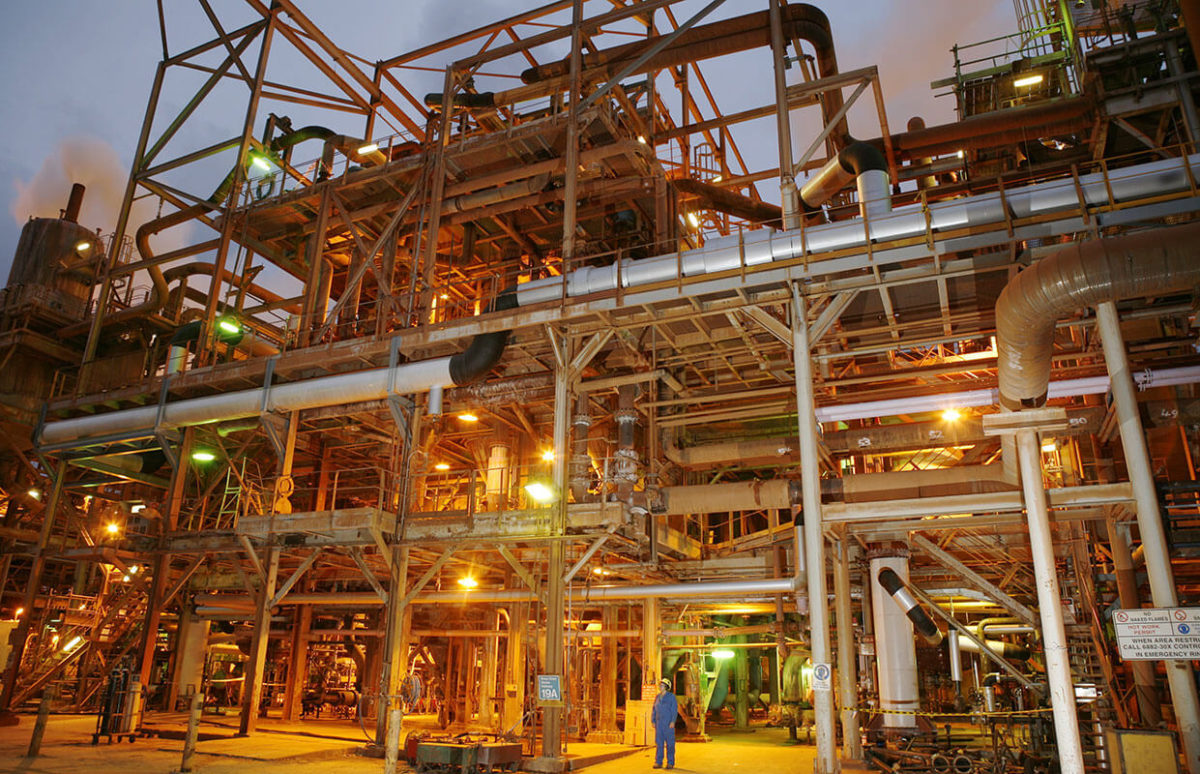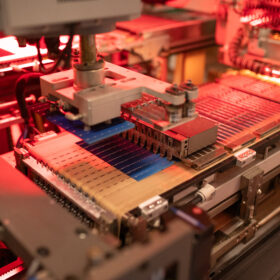The federally-run Australian Renewable Energy Agency (ARENA) has allocated $8.6 million to Alcoa’s Pinjarra alumina refinery to test new carbon reduction technology.
The refinery in Western Australia’s south is seeking to electrify its alumina calcination process using renewable energy. Calcination is the final stage in the alumina refining process and typically uses fossil fuels to heat alumina hydrate crystals. Alumina is then used as a feedstock to create aluminium.
The pilot, which is reported to cost around $20 million, has also been awarded $1.7 million from the Western Australian government, taking Australian government funding to almost half of the cost of the trial.
The grants announced on Monday “complement” funding Alcoa received from ARENA last year to support its trial of mechanical vapour recompression, another technology that would use renewable energy to recycle low-pressure steam in alumina refining to generate process heat.
The company estimates that when combined with a decarbonised grid, the two electrified processes could reduce an alumina refinery’s carbon emissions by as much as 98% and reduce fresh water use by up to 70%.
The electric calcination pilot will happen in two stages, Alcoa’s said. The first stage will run until the end of 2023 and will involve the study, selection, engineering and testing of technologies.
Subject to a successful completion of the first stage, the second portion of the project will begin in the first quarter of 2024 and continue into mid-2026 with detailed design, construction and pilot testing of this emerging technology at Alcoa’s Pinjarra refinery in Western Australia.
This content is protected by copyright and may not be reused. If you want to cooperate with us and would like to reuse some of our content, please contact: editors@pv-magazine.com.









By submitting this form you agree to pv magazine using your data for the purposes of publishing your comment.
Your personal data will only be disclosed or otherwise transmitted to third parties for the purposes of spam filtering or if this is necessary for technical maintenance of the website. Any other transfer to third parties will not take place unless this is justified on the basis of applicable data protection regulations or if pv magazine is legally obliged to do so.
You may revoke this consent at any time with effect for the future, in which case your personal data will be deleted immediately. Otherwise, your data will be deleted if pv magazine has processed your request or the purpose of data storage is fulfilled.
Further information on data privacy can be found in our Data Protection Policy.